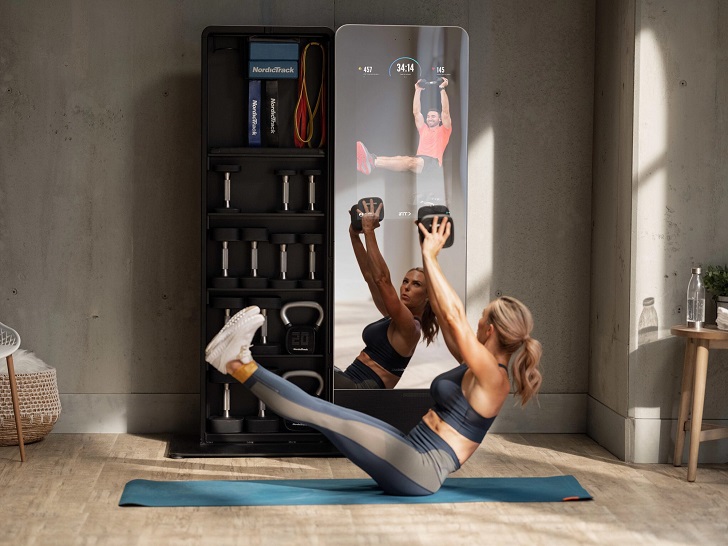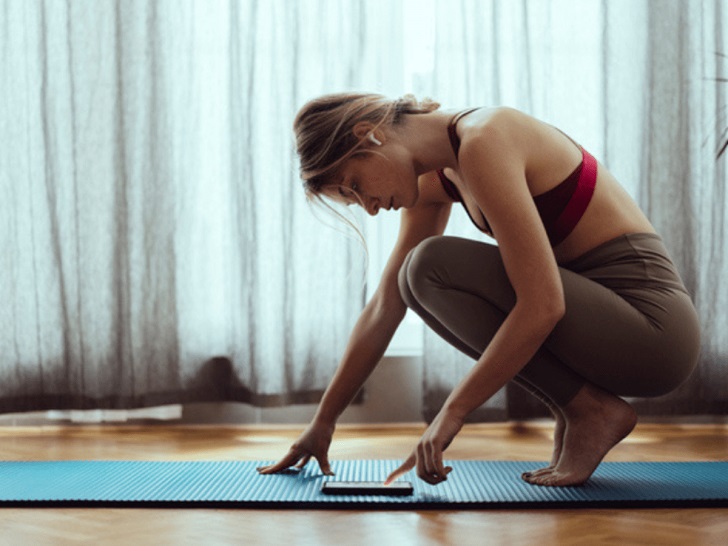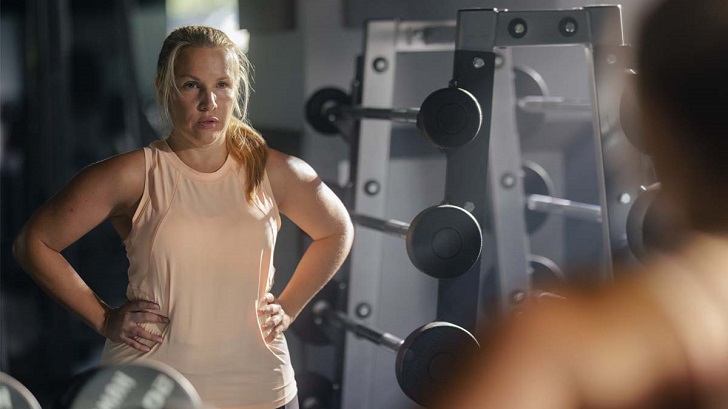Mirrors are integral to most gyms, allowing us to check our forms, compare our results with others, and monitor our progress. But while they can be invaluable tools in helping us stay motivated and improve performance, it turns out that ditching the mirror altogether may result in improved workout sessions. Here’s why.
Focus on Form

Nordictrack/ Pinterest | Don't decrease the goal. Increase the effort
Watching yourself in the mirror can sometimes encourage bad habits, such as focusing entirely on looking aesthetically rather than concentrating on posture or technique, which are essential for effective workouts. Stripping away this distraction allows you to focus solely on your form and technique, meaning every move you make will bring better results as there is no lidar to draw attention from the task at hand. This way, there is also less pressure when comparing yourself with others in the gym who have more experience or may be engaged in similar exercises, thus allowing for a more relaxed environment within which personal progress can be made without any hindrances.
Leaving False Impression Behind
When standing next to a mirror during a workout, we are often presented with an image of ourselves through skewed optics making us feel less confident about how we look even when we may be progressing extremely well and seeing actual results. As such, by removing mirrors from sight, we can leave behind any false sense of insecurity induced by constantly being surrounded by reflections of ourselves which distort reality and hinder our own perceived achievements.
Trying new things

ADAM ZAMMIELLO/ SI | Practicing without mirrors minimizes visual distractions and encourages students to listen to how their bodies and minds feel
Ditching the mirror can also open up new avenues for exercise. When you're not constantly checking your form, you may feel freer to try new exercises and movements that you otherwise wouldn't. This can lead to a more varied and well-rounded workout routine, preventing boredom and plateaus.
Removing the mirror can also allow for a more playful and creative approach to movement. Instead of focusing solely on the result, you can explore how different movements feel in your body and how they can be combined differently.
Improving confidence
While mirrors can help check form and technique, they can also lead to negative self-talk and decreased confidence. Without constant visual feedback, you may rely less on how your body looks and more on how it feels. This can lead to a more positive and empowering mindset, which can translate to increased confidence and self-esteem.
Moreover, ditching the mirror can help you focus on your personal goals and achievements rather than comparing yourself to others. This can lead to a more satisfying and fulfilling workout experience.
No more cheating

Chris Kolba/ Shutterstock | Always be a work-in-progress
That being said, perhaps ditching the mirror has one major drawback: it makes cheating harder! After all, performing repetitions without monitoring one's form makes it much easier to take shortcuts or not do enough work, which can be prevented relatively easily when using a mirror as a visual reference. Ultimately, this isn’t an issue if discipline is kept in check - which should become far easier once reliance on mirrors has been removed altogether.




